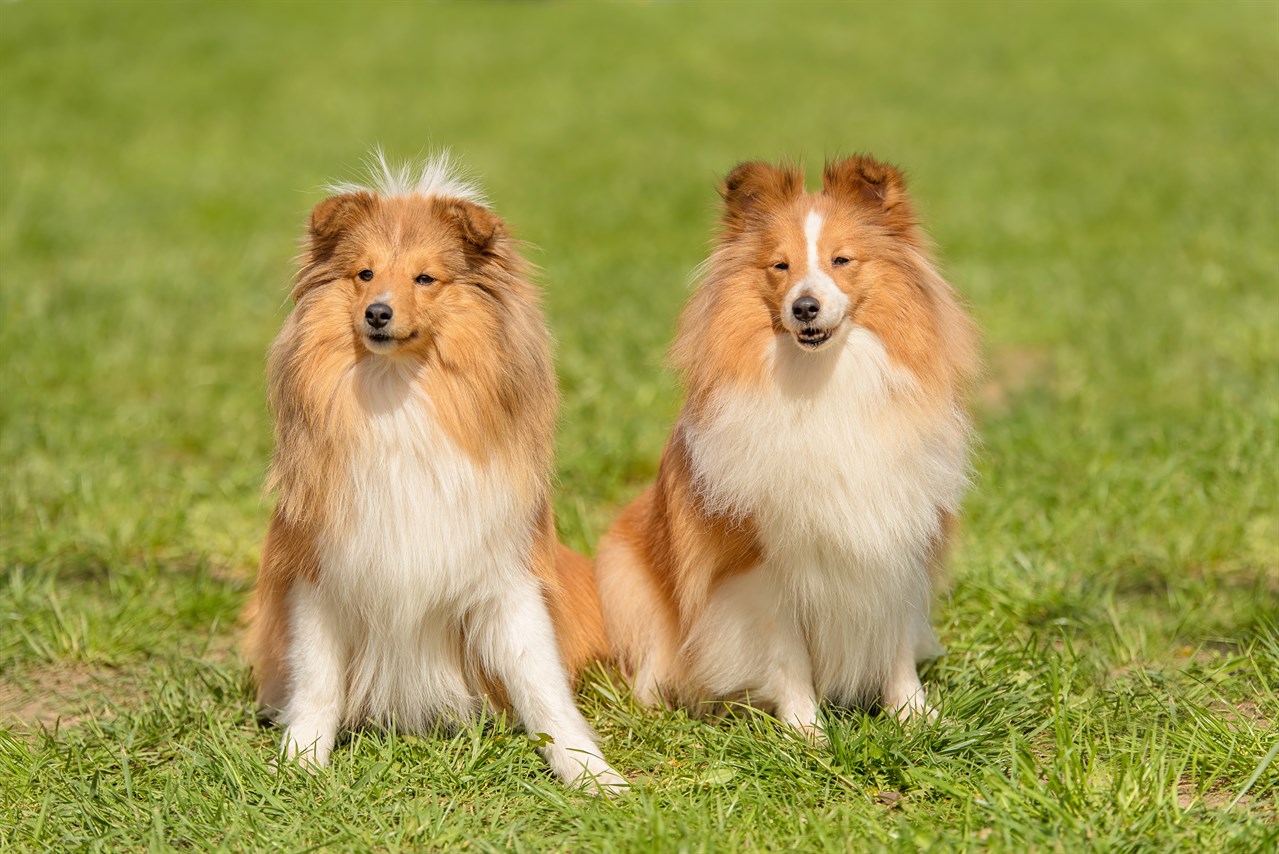Downsides or Disadvantages of Shetland Sheepdog Ownership

While Shetland Sheepdogs, or Shelties, are beloved for their charming personality and striking appearance, like any breed, they have certain downsides or disadvantages that prospective owners should be aware of. Here are some potential negatives associated with Shelties.
High Exercise Needs
Shelties are an active and energetic breed that requires regular exercise and mental stimulation. Failing to meet their activity needs can lead to restlessness and undesirable behaviours.
Grooming Requirements
Shelties have a beautiful double coat that requires regular grooming to prevent matting and reduce shedding. This can be time-consuming and may not be suitable for owners who prefer low-maintenance breeds.
Barking Tendency
Shelties are known for their vocal nature. They can be prone to barking, especially if they are not adequately trained and socialised. This trait may not be well-suited for quiet living environments or close neighbours.
Herding Instincts
Shelties have strong herding instincts, which means they may try to herd family members or other pets. This behaviour can include nipping at heels, which may be a concern, especially in households with small children.
Separation Anxiety
Shelties are prone to separation anxiety and may become distressed when left alone for extended periods. Owners who work long hours may need to consider alternative care arrangements.
Shyness or Nervousness
Some Shelties can be reserved or shy around strangers, and early socialisation is essential to ensure they are well-adjusted and comfortable in various situations.
Health Concerns
Like many purebred dogs, Shelties can be prone to specific health issues, including hip dysplasia, eye problems, and skin conditions. Potential owners should be prepared for potential veterinary expenses.
Not Ideal for Outdoor Living
While Shelties can adapt to indoor living, they may not be well-suited for prolonged outdoor living, especially in harsh climates. Their social nature makes them better companions indoors.
In summary, Shetland Sheepdogs make wonderful pets for the right owners who are prepared to meet their exercise, grooming, and socialisation needs. However, potential owners should be aware of the breed's downsides, which include their high activity level, grooming requirements, barking tendency, herding instincts, potential for separation anxiety, shyness, and health concerns. When considering a Sheltie, it's important to assess whether these potential disadvantages align with your lifestyle and preferences.
Shetland Sheepdog puppies for sale
- Find Shetland Sheepdog puppies for sale in ACT
- Find Shetland Sheepdog puppies for sale in NSW
- Find Shetland Sheepdog puppies for sale in NT
- Find Shetland Sheepdog puppies for sale in QLD
- Find Shetland Sheepdog puppies for sale in SA
- Find Shetland Sheepdog puppies for sale in TAS
- Find Shetland Sheepdog puppies for sale in VIC
- Find Shetland Sheepdog puppies for sale in WA